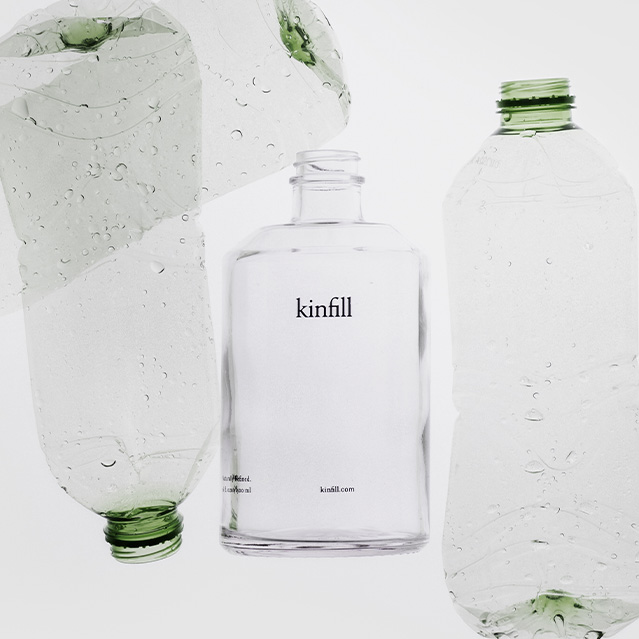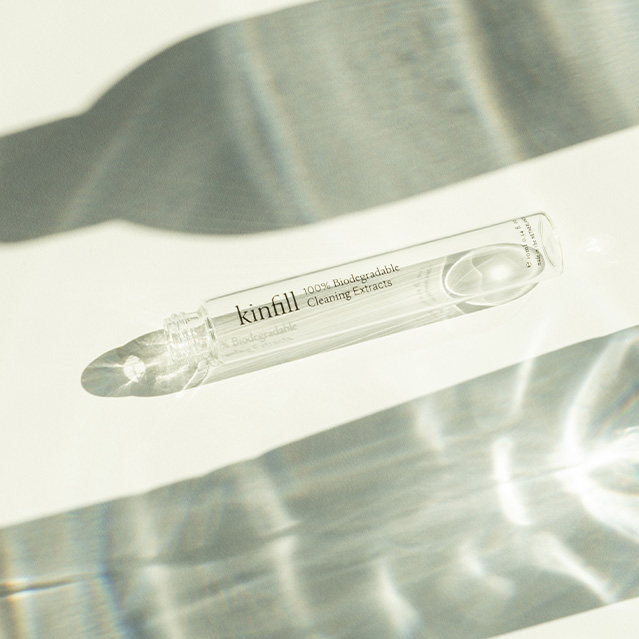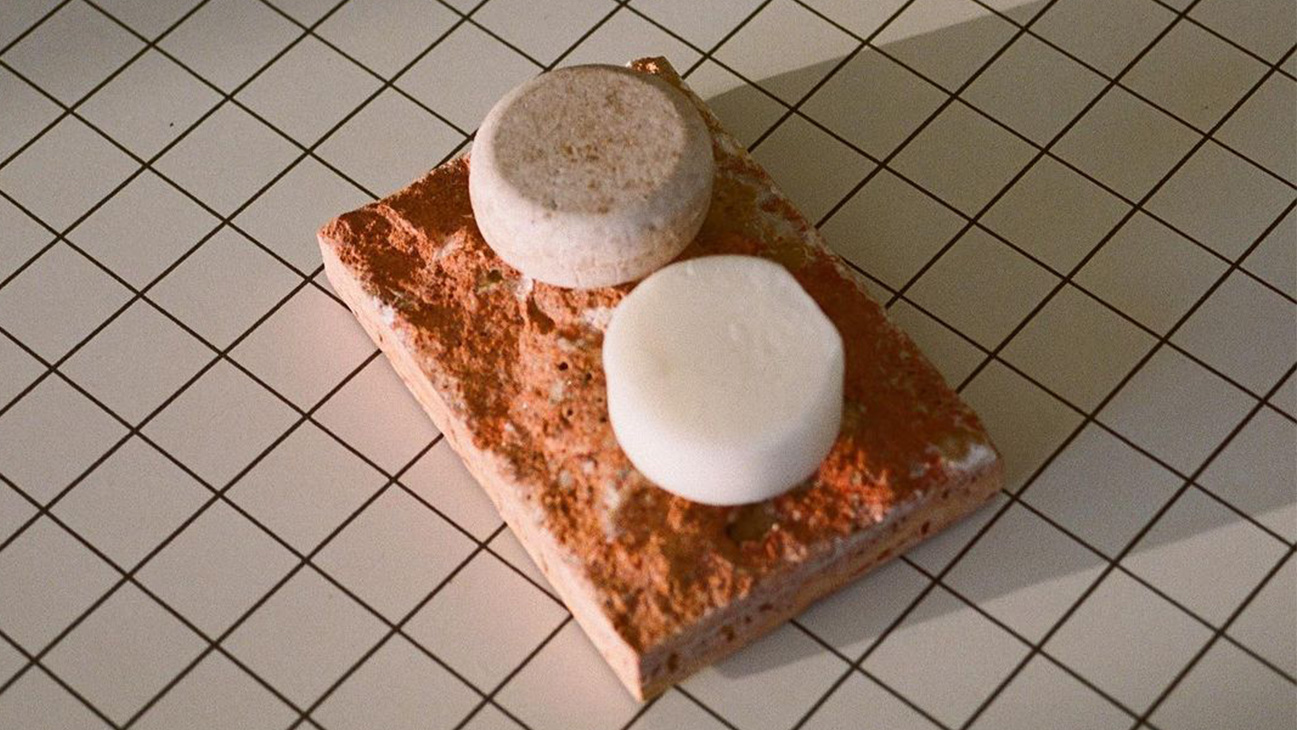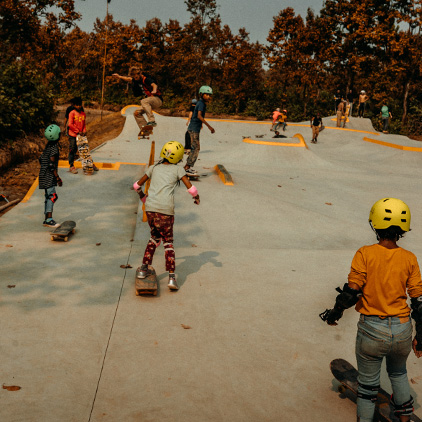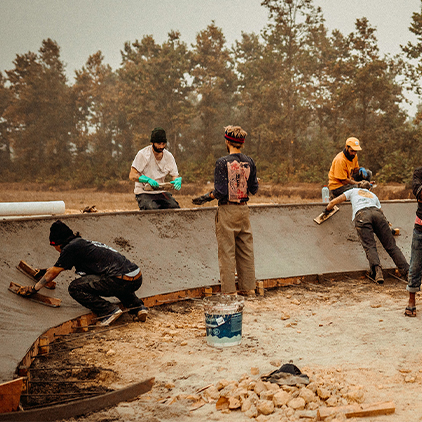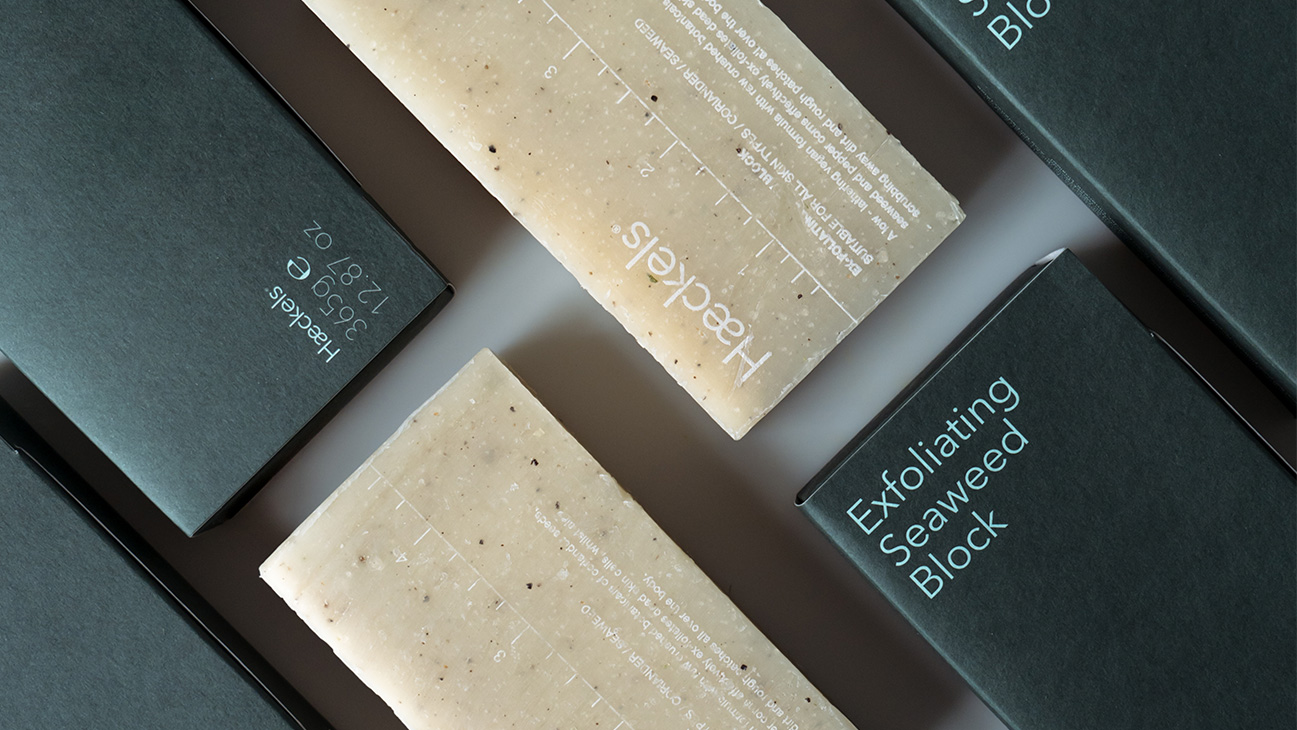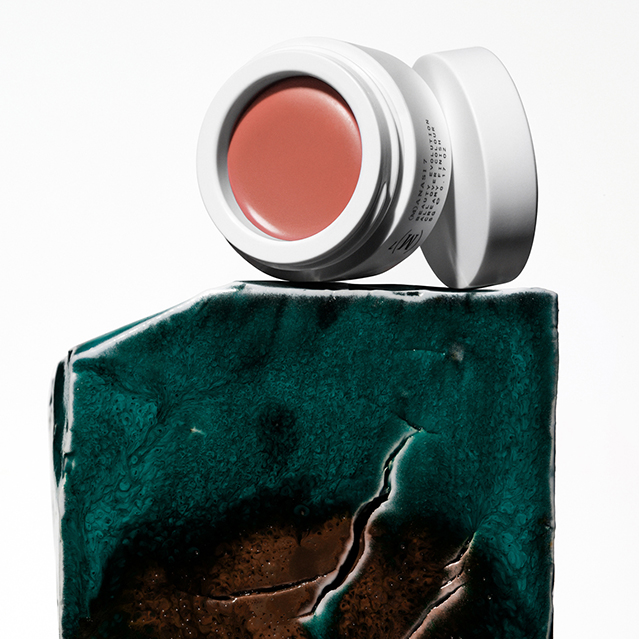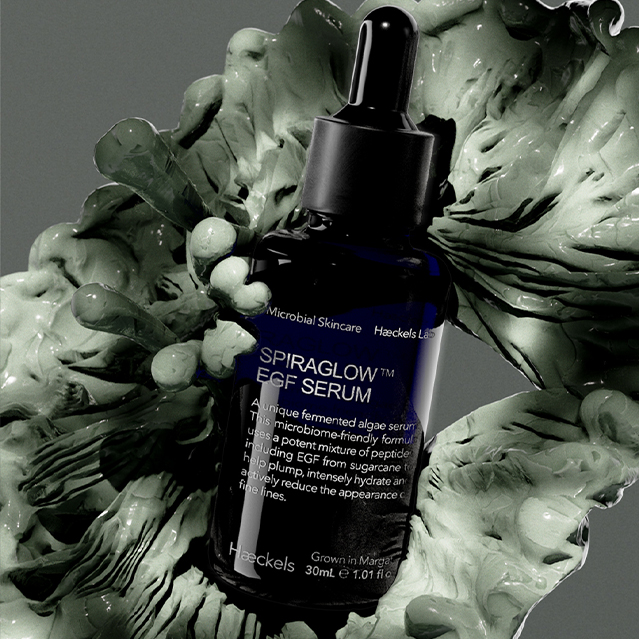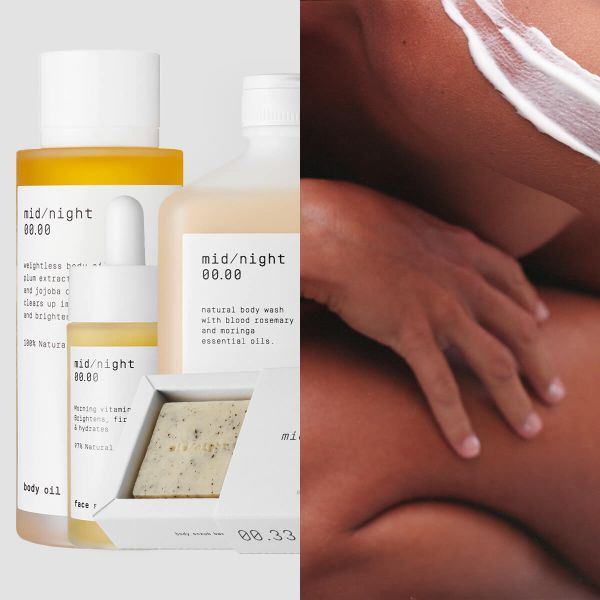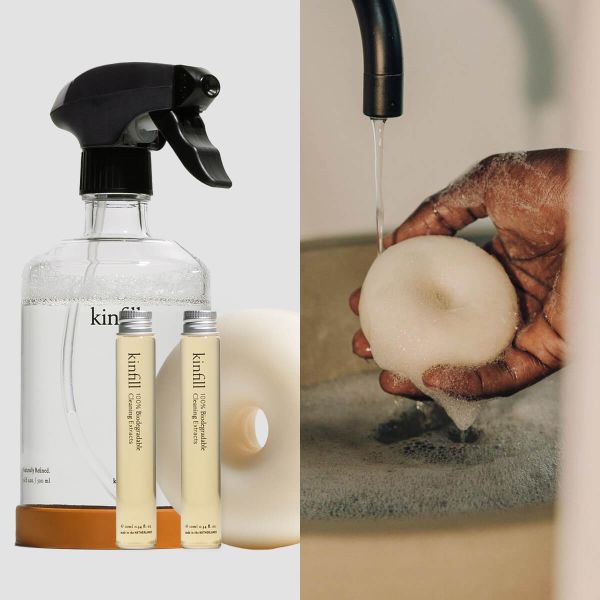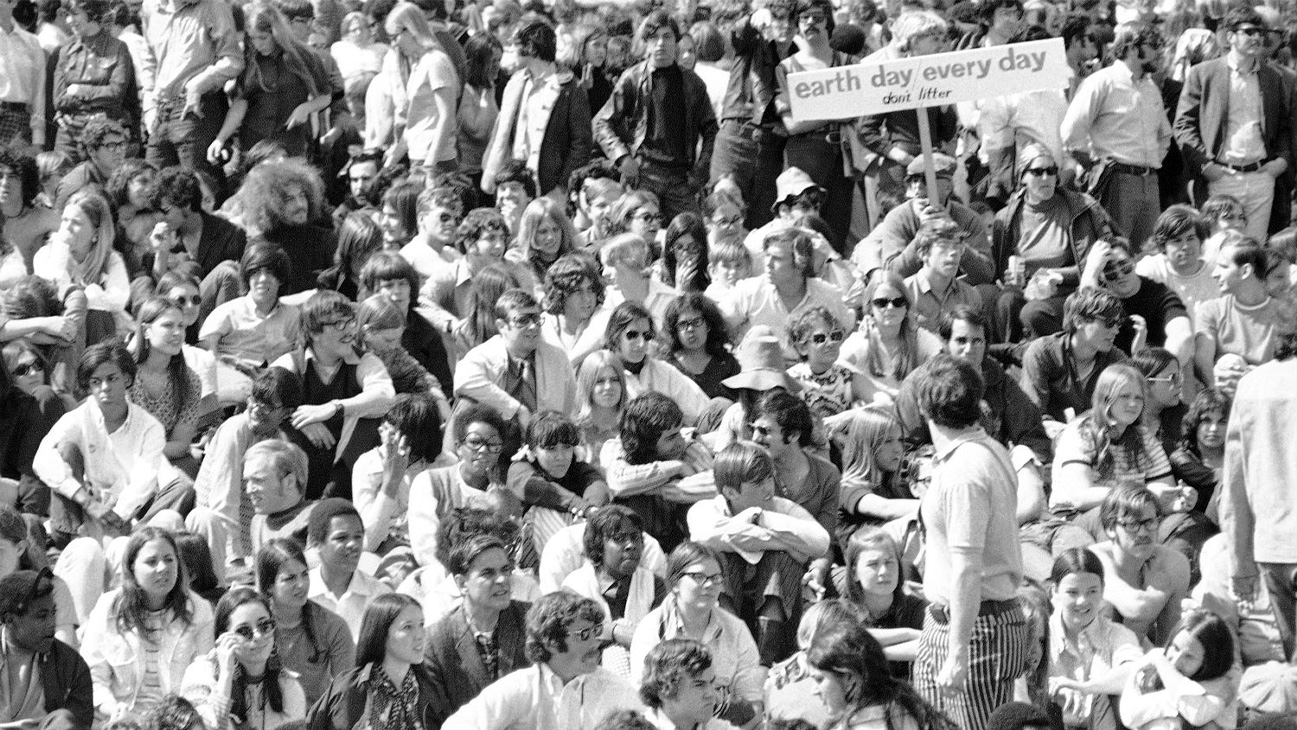

Photo credit: AP Photo/Bill Ingraham
The History of Earth Day
Earth Day was born in 1969 by Senator Gaylord Nelson, a leading figure in the fight against environmental degradation and social injustice following an oil spillage in Santa Barbara, California. The inaugural event led to an astonishing number of 20 million US citizens protesting, approximating to 10% of the population of that time. Following the protest, Nelson named Earth Day on the 22nd of April 1970, a workday falling between Spring Break and Final Exams, to maximise the most significant student participation. Ten years on from the first protest, this successfully led to the creation of the United States Environmental Protection Agency and the passage of other important Acts concerning national environmental education, occupational health and safety, endangered species, and clean air.
In 1990 Earth Day went global, mobilising 200 million people in 141 countries. The campaign significantly boosted recycling efforts worldwide and helped pave the way for further awareness with the advances in technology and digital media. As the early 2000s approached, Earth Day used the emerging power of the internet to focus attention on global warming and a push for clean energy. On record, 5000 environmental groups in 184 countries reached hundreds of millions of people to engage in international and local conversations for the 2000 campaign.




Earth Day Today
Today, Earth Day is widely recognised as the largest secular observance in the world, marked by more than one billion people every year to action a change for human behaviour and to create global, national and local policy changes.
The ‘Earth Day 2023: Invest in our planet’ theme focuses on engaging more than 1 billion people, governments, institutions and businesses to participate and collectively recognise our responsibility to help accelerate the transition to an equitable, prosperous green economy for all. The focus is to reframe the conversation, accelerating action and bringing everyone together to understand the importance of this matter.
Now with the urgency to fight for a clean environment continuing, citizens of the world are rising to demand far greater action for our planet and its people as climate change becomes increasingly apparent every day.
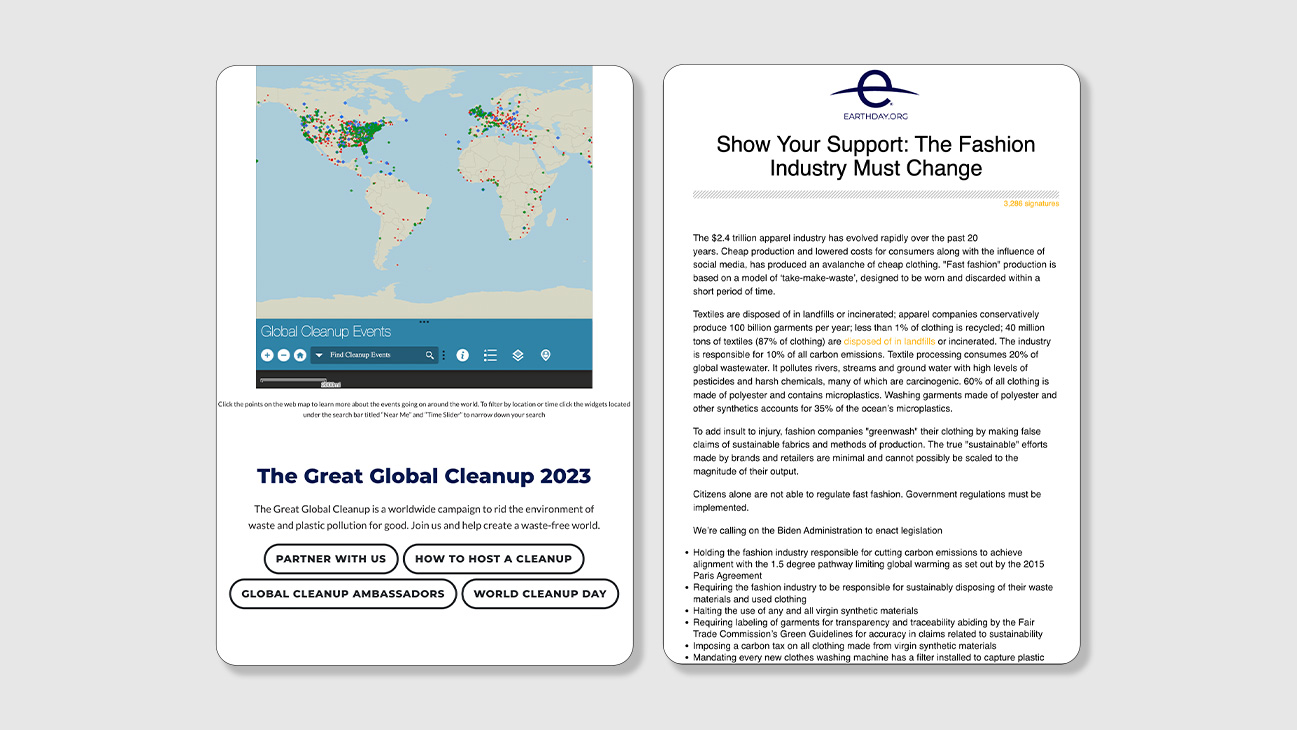

How to participate
Currently, there are thousands of events taking place around the world. The Earth Day committee have put together a handy 'ED23 Action Toolkit' on how you can participate this year. Join the global cleanup, find out what's happening near you via this app or show your support for the fashion industry by signing the bill here.
Beyond that, here is our edit on how we can live more sustainably by making eco-friendly choices with our consciously focused brands.
Kinfill
Kinfill is a homecare brand that aims to inspire sustainable living through a collection of powerful, nature-respecting refillable cleaning products in their purest form. All products are scientifically proven to perform and are 100% biodegradable. Their products contain no palm oil, chlorides, phthalates, parabens or silicone and their 'forever bottles' are reusable and made from Italian glass. The packaging is carefully designed with 'Zero Packaging' to minimise the ecological footprint without reducing its aesthetics, durability, and practicality to fit through your letterbox. Rethink, Recycle, and Regenerate; Kinfill is as clean as it gets.
mid/night 00.00
midnight 00.00 is created to enhance real and natural beauty with a 'less is more' approach. All the products are vegan, plant-based, genderless and locally produced. Thanks to their 'Solid Routine', the products are designed to reduce single-use plastic waste featuring the Shampoo Bar 00.31, Conditioner Bar 00.32, Body Scrub Bar 00.33, and Body Wash Bar 00.34.
THE SKATEROOM
Since 2014, THE SKATEROOM has worked closely with the world's most influential artists to empower international skate and education nonprofits and projects. The brand embraces a social entrepreneurship model while actively working to improve sustainability and transparency through their work, as social impact cannot happen at the expense of environmental impact. Since 2016, THE SKATEROOM has compensated their yearly carbon footprint through the independent audit company CO2logic and Vincotte – an international independent certification body. In 2019, they proudly held a B Corp score of 97.4, and with the help of the B Impact Assessment, they are committed to improving their B Corp Score by 5% each year. A work in progress, they aim to localise production to reduce emissions and enhance their value chain by compensating their wood usage via forest conservation projects; finding alternatives for all packaging and single-use plastic products.
Haeckels
Founded in 2012, Haeckels is a B Corp accredited, embracing a forward-thinking and progressive approach to changing the beauty industry through sustainable and science-backed products. They are driven to reduce the waste problem by harnessing the power of lab-grown ingredients and in-house biotech to vastly reduce the carbon emissions from harvesting and manufacturing products using natural ingredients and presenting packaging solutions that are fully recyclable and compostable.
Manasi 7
Manasi 7 exists to offer the most ecological way of using beauty items by creating timeless and multifunctional products through sustainable development processes and production cycles to minimise the environmental footprint. Their manifesto is based on the Declaration of (7): slow, select, pure, natural, simple, symbiotic, and contemporary. Powered by sustainably produced ingredients, all ingredients are natural, wild-harvested, plant-based and certified organic. Products are produced in small batches to minimise waste and support small-scale farmers, and the majority of their packaging are plant-based, reusable and/or recyclable.
